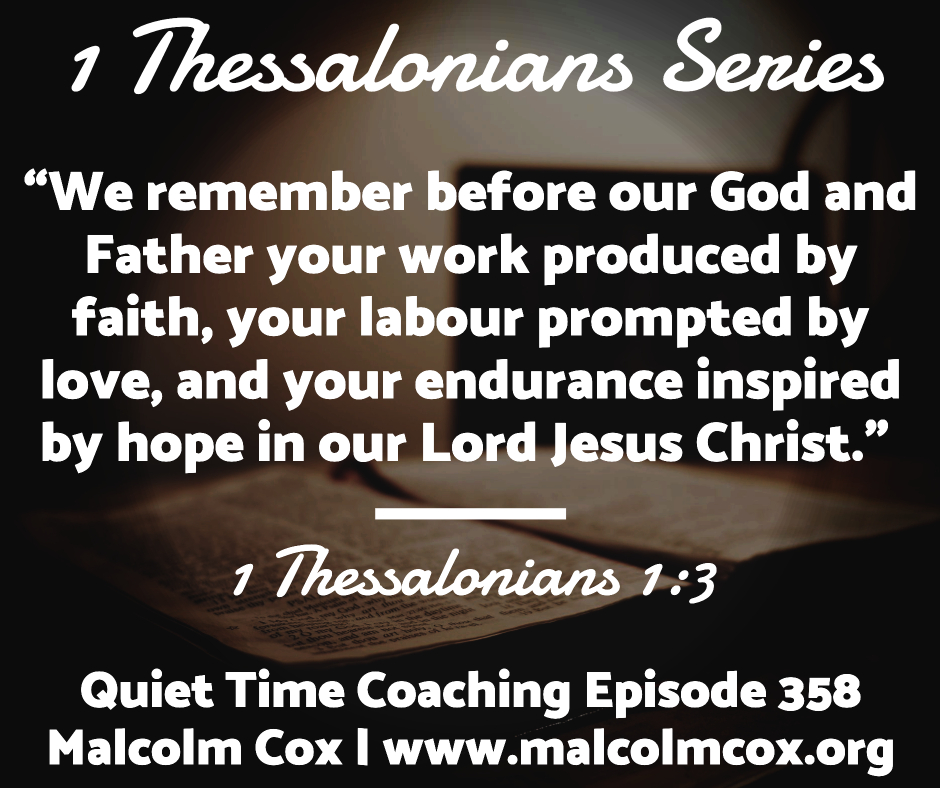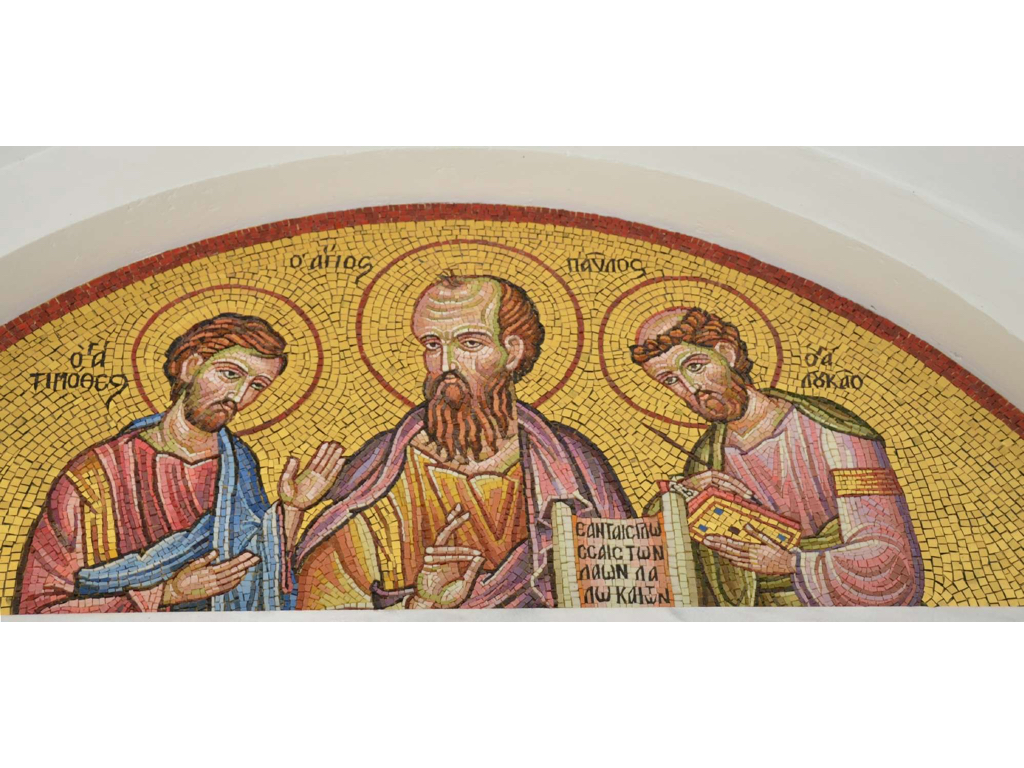Sermon on the Mount Series, Class 10
“Kingdom Come”
Sermon on the Mount Series
Class 10: Matthew 5.21-48
- QUESTION: What impact is the series having on your faith so far?
1. Raca and Reconciliation, 5.21-26
a. Murder is in view here, not ‘killing’. Exodus 20.13.
- “These verses make one great point. The Old Testament law forbidding murder must not be thought adequately satisfied when no blood has been shed.” Carson, 46.
- ‘raca’: ‘empty’; ‘airhead’; ‘brainless’.
- The ‘hell of fire’ – Gehenna; Molech (2 Kings 23:10; Jeremiah 7:31).
b. Anger
- Jesus was angry (Matthew 21.12ff; Mark 3.1ff; Matthew 23.17).
- “In none of the cases in which Jesus became angry was his personal ego wrapped up in the issue.” Carson, 46.
- When he was at the point where ego might have been most involved, he was silent and submissive (1 Peter 2.23, Luke 23.34).
c. Leave your gift
- When to leave your ‘gift’ (see Mark 11.25; Ephesians 4.26; Matt 5.9).
- Among children of the kingdom, acceptable worship involves repairing relationships.
d. Swift settling with adversary
- It’s kingdom or prison – take your choice!
2. Vows, 5.27-37
a. Lust: Exodus 20:14
- “This is not a prohibition of the normal attraction which exists between men and women, but of the deep-seated lust which consumes and devours, which in imagination attacks and rapes, which mentally contemplates and commits adultery.” Carson, 49.
- Not ‘notices’. Not about sexual attraction, but intentional viewing aimed ultimately (even if only in fantasy) with consummating sex with another man’s wife. See David, 2 Samuel 11:2-4.
b. Adultery
- Jesus ties together the seventh and tenth commandments – adultery and covetousness.
c. Gouge
- A blinded person is perfectly capable of lust.
- “We must not pamper it, flirt with it, enjoy nibbling a little of it around the edges. We are to hate it, crush it, dig it out.” Carson, 49. See Colossians 3.5-6.
- We take sin so seriously because it causes so much pain. This is one reason we mourn, Matthew 5.4.
d. Divorce: See Deut 24:1-4
- Jesus not dealing with all issues regarding divorce and possible grounds for its permissibility, but to question whether divorce should be acceptable in the first place. Matt 19.3ff; Mal 2.16.
- The passion of love is preserved, nurtured, refined by the challenges of working through difficult times in marriage.
- Chrysostom links this passage with the Beatitudes. “For he that is meek, and a peacemaker, and poor in spirit, and merciful, how shall he cast out his wife? He that is used to reconcile others, how shall he be at variance with her who is his own?”
e. Keeping promises
- Not a direct OT quote, but summary of several passages such as Exodus 20.7, Lev 19.12, Num 30.2-3, Deut 23.21-24.
f. Do not swear an oath
- Jesus: Matthew 26.63-64
- The OT does permit the taking of oaths – even in the name of God (Deut 10.20).
- Paul uses them (Rom 1.9, 2 Cor 1.23, 1 Thess 2.5, 10, Phil 1.8).
- God does it (Gen 9.9-11, 22.16, Lk 1.68, 73, Ps 16.10, Acts 2.27-31, Heb 6.17).
- Jesus got very upset about this issue later – Matt 23.16-22.
- The church took note – James 5.12.
- If we live like Christ, expressing the beatitudes, we will never need an oath.
Part 3 – Love in the extreme, 5.38-47
a. Eye for an eye: Exodus 21, Leviticus 24, Deuteronomy 19
- A limiting law not a permissive one.
- The law was given to Israel as a nation and was to be administered by the correct legal authorities. This was not for individuals to engage in.
b. Do not resist
- Jesus does resist the Pharisees. And yet he does not resist those who crucify him.
- The cloak was not something that the law allowed to be taken from a man (Ex 22.26ff).
- The Roman soldier had the right to commandeer a civilian to carry his luggage. How should we respond? Presumably with a Christ-like spirit. Joyful, not grumpy!
c. Give to the one who asks
- The issue is not foolish giving, but joyful generosity.
- For wisdom and folly in lending see Proverbs 11:15; 17:18; 22:26.
d. Love your enemy, Matt. 5:43; see Lev 19.18
- ‘Revenge is a confession of pain’: LATIN PROVERB
- ‘An eye for an eye will make the whole world blind’: MAHATMA GHANDI
- ‘While seeking revenge, dig 2 graves-one for yourself’: DOUGLAS HORTON
- Jesus prayed for his enemies – even on the cross! (Luke 23.34).
- God is one who loves his enemies (John 3.16, Romans 5.8).
- God’s enemies are valuable to him, so they should be to his followers.
- Loving our enemies is not the same as accommodating our abusers.
Conclusion, Matthew 5.48
“teleios” – complete.
- Spiritual maturity: 1 Cor 2:6; 14:20; Phil 3:15
- The admonitions of chapter 5 are not just rules, they are the outworking of the implications of following a holy, pure God. We are adopting and growing into his character.
- Jesus is centre-stage in this chapter in more ways than one. He is the authority. As he re-interprets and clarifies the Old Testament teachings we see an authority that goes way beyond past prophets and rabbis. He is revealing his divinity, since only divinity could re-interpret the divinely-given law. Rabbis never said, “but I tell you” since they knew they were not inspired. By taking this phrase Jesus indicates he is inspired.
QUESTION: How will this passage affect the way you live this week?
Please add your comments on this week’s topic. We learn best when we learn in community.
Do you have a question about teaching the Bible? Is it theological, technical, practical? Send me your questions or suggestions. Here’s the email: malcolm@malcolmcox.org.
If you’d like a copy of my free eBook on spiritual disciplines, “How God grows His people”, sign up at my website: http://www.malcolmcox.org.
Please pass the link on, subscribe, leave a review.
“Worship the LORD with gladness; come before him with joyful songs.” (Psalms 100:2 NIV11)
God bless, Malcolm
PS: You might also be interested in my book: “An elephant’s swimming pool”, a devotional look at the Gospel of John



